Insights | Developing independence in children
23 Jan 2019
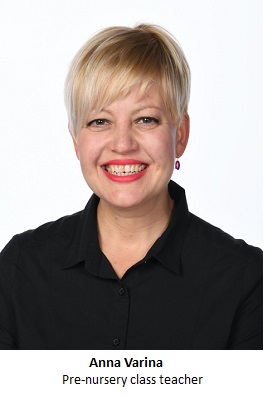 Being both an early years teacher and a parent, I believe that being independent is one of the most important Wellington identities, as it greatly influences children’s learning and overall development.
Being both an early years teacher and a parent, I believe that being independent is one of the most important Wellington identities, as it greatly influences children’s learning and overall development.
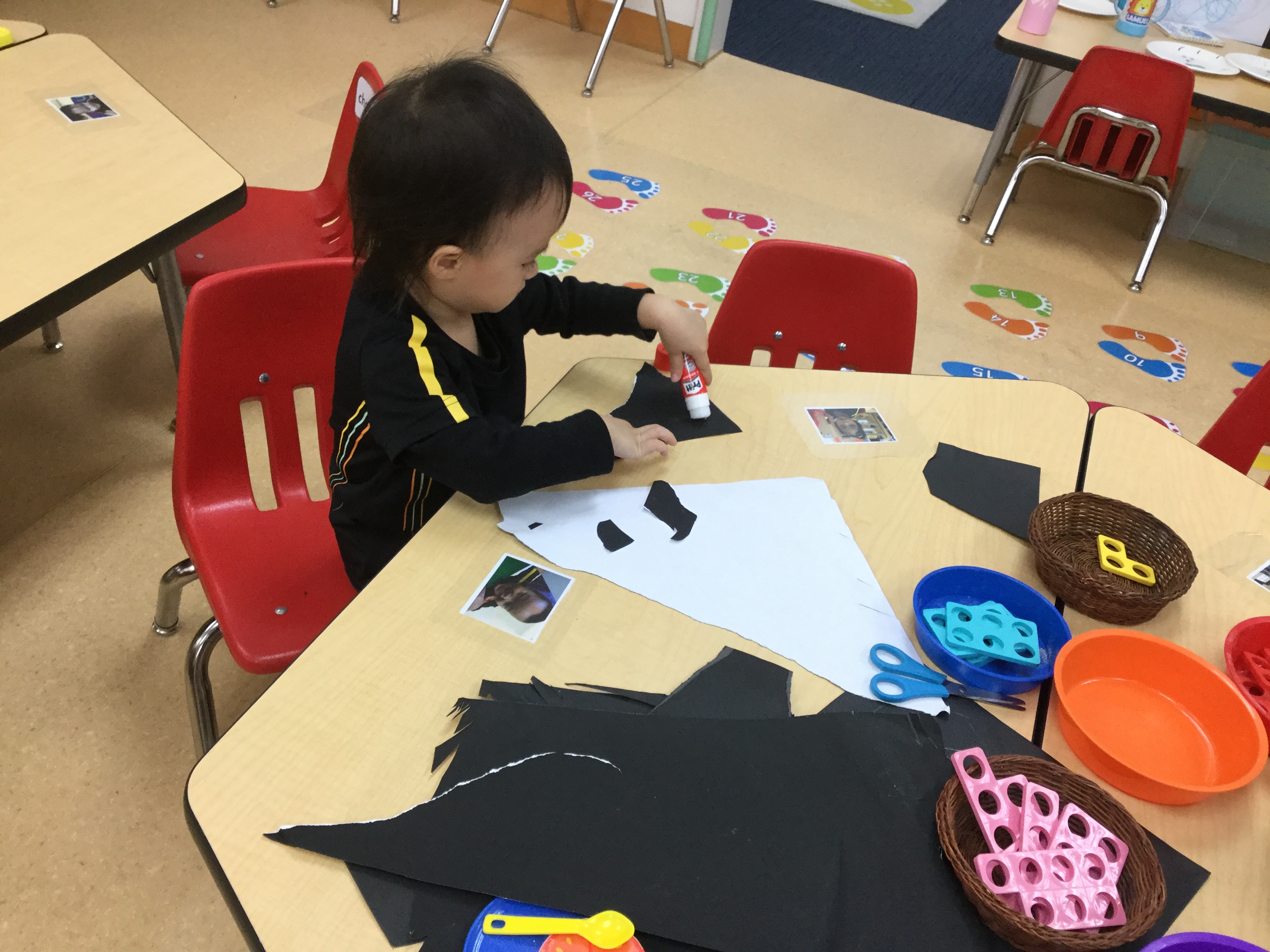 Early years teachers value many different characteristics of effective learning in young children. The following are just some of the capabilities that we aim to instil, as they are closely linked to the concept of independence:
Early years teachers value many different characteristics of effective learning in young children. The following are just some of the capabilities that we aim to instil, as they are closely linked to the concept of independence:
- Showing a 'can do' attitude.
- Taking risks, engaging with new experiences, and learning by trial and error.
- Persisting with activities even when difficult challenges occur.
- Showing a belief that more effort or a different approach will pay off.
- Bouncing back after experiencing difficulty.
- Planning and making decisions about how to approach a task, solve a problem and reach a goal.
- Changing strategies as needed.
- Reviewing how well an approach has worked.
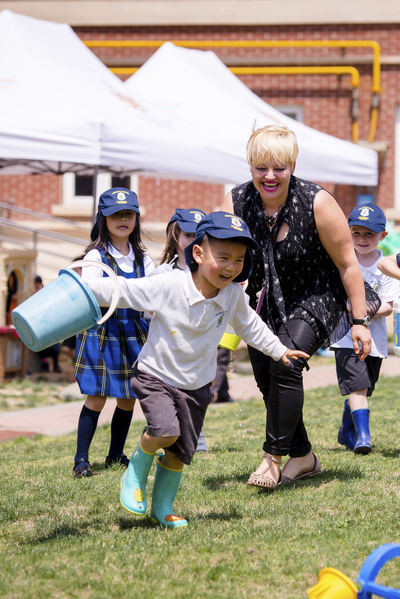 Developing independence starts when children are very young. As parents, we want to care for our children and do our best to always keep them safe, comfortable and happy. However, it is very easy to do too much for a child, all with the best intentions, of course.
Take the simple example of a young child learning to put their shoes on. A parent can see that the child has done it incorrectly and quickly puts the shoes on for them, the right way. However, the child has not been given a chance to learn what it feels like to have the shoes on the wrong way, to feel the discomfort. How can a child learn what the right way feels like without knowing what the wrong way feels like?
Developing independence starts when children are very young. As parents, we want to care for our children and do our best to always keep them safe, comfortable and happy. However, it is very easy to do too much for a child, all with the best intentions, of course.
Take the simple example of a young child learning to put their shoes on. A parent can see that the child has done it incorrectly and quickly puts the shoes on for them, the right way. However, the child has not been given a chance to learn what it feels like to have the shoes on the wrong way, to feel the discomfort. How can a child learn what the right way feels like without knowing what the wrong way feels like?
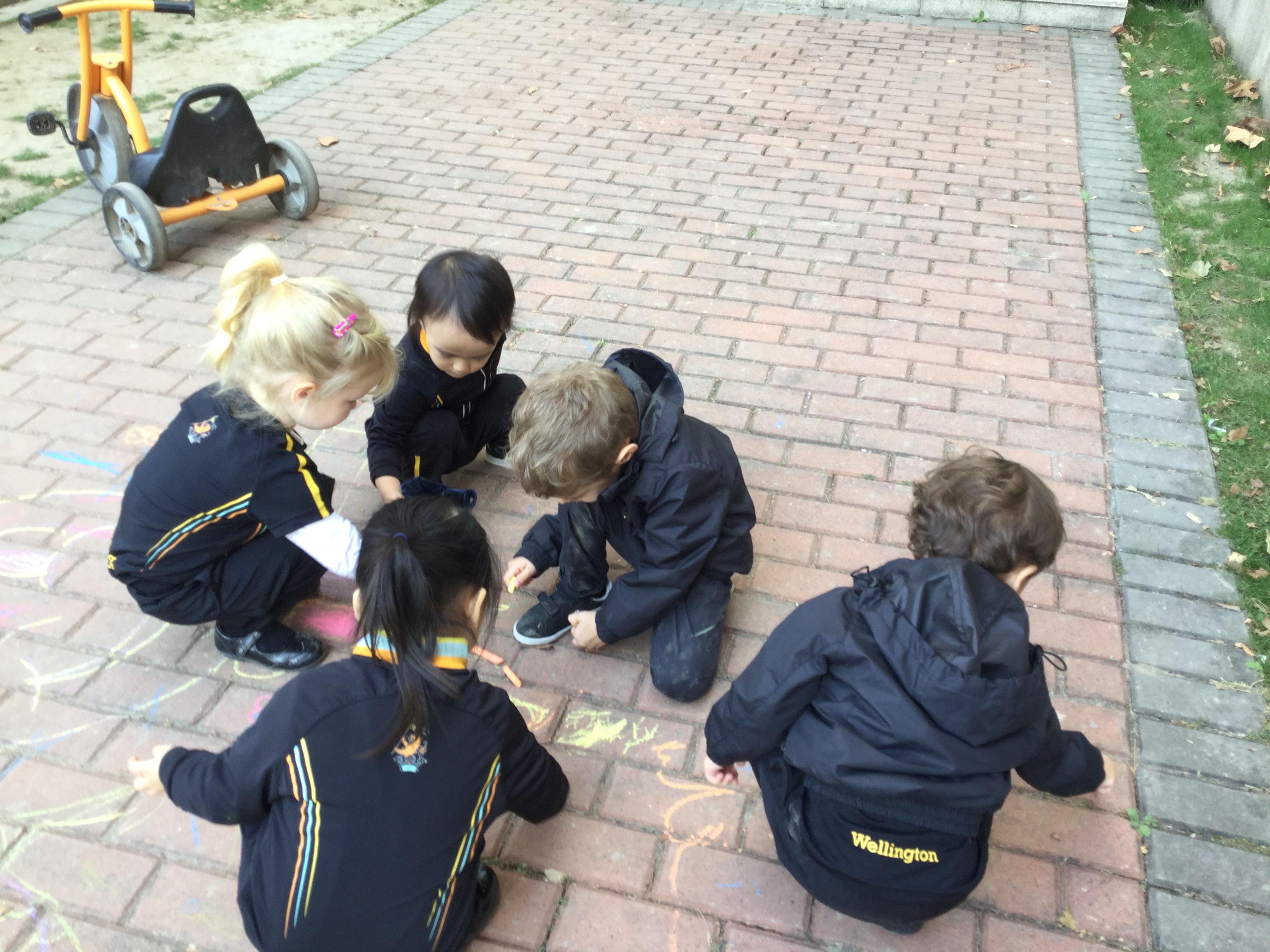 Getting dressed independently is a crucial skill for young children to develop. Firstly, it helps them develop muscle strength in their arms and shoulders to hold a pen and write. Getting dressed also requires the child to remember where their clothes are and which items of clothing to put on in what order. While this might seem like an easy, almost trivial task for an adult, it genuinely does wonders for improving a child’s memory, logical thinking and physical development. This goes for all manner of basic tasks, such as washing their hands, packing and carrying their own bag, and so on.
Getting dressed independently is a crucial skill for young children to develop. Firstly, it helps them develop muscle strength in their arms and shoulders to hold a pen and write. Getting dressed also requires the child to remember where their clothes are and which items of clothing to put on in what order. While this might seem like an easy, almost trivial task for an adult, it genuinely does wonders for improving a child’s memory, logical thinking and physical development. This goes for all manner of basic tasks, such as washing their hands, packing and carrying their own bag, and so on.
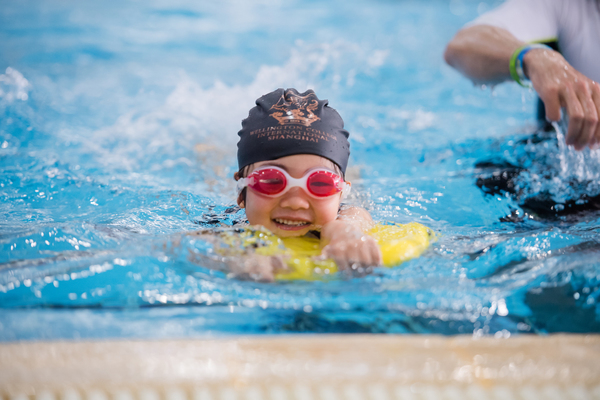 If a child has everything done for them by well-meaning adults, they lose out on critical opportunities to develop their self-confidence. Furthermore, when adults have the patience to allow children to do things for themselves, to try, to make mistakes, to fail, they show that child that they believe in them. The child will then feel empowered, confident in their own ability to tackle difficulties. This is the type of learner we aim to develop at Wellington.
If a child has everything done for them by well-meaning adults, they lose out on critical opportunities to develop their self-confidence. Furthermore, when adults have the patience to allow children to do things for themselves, to try, to make mistakes, to fail, they show that child that they believe in them. The child will then feel empowered, confident in their own ability to tackle difficulties. This is the type of learner we aim to develop at Wellington.
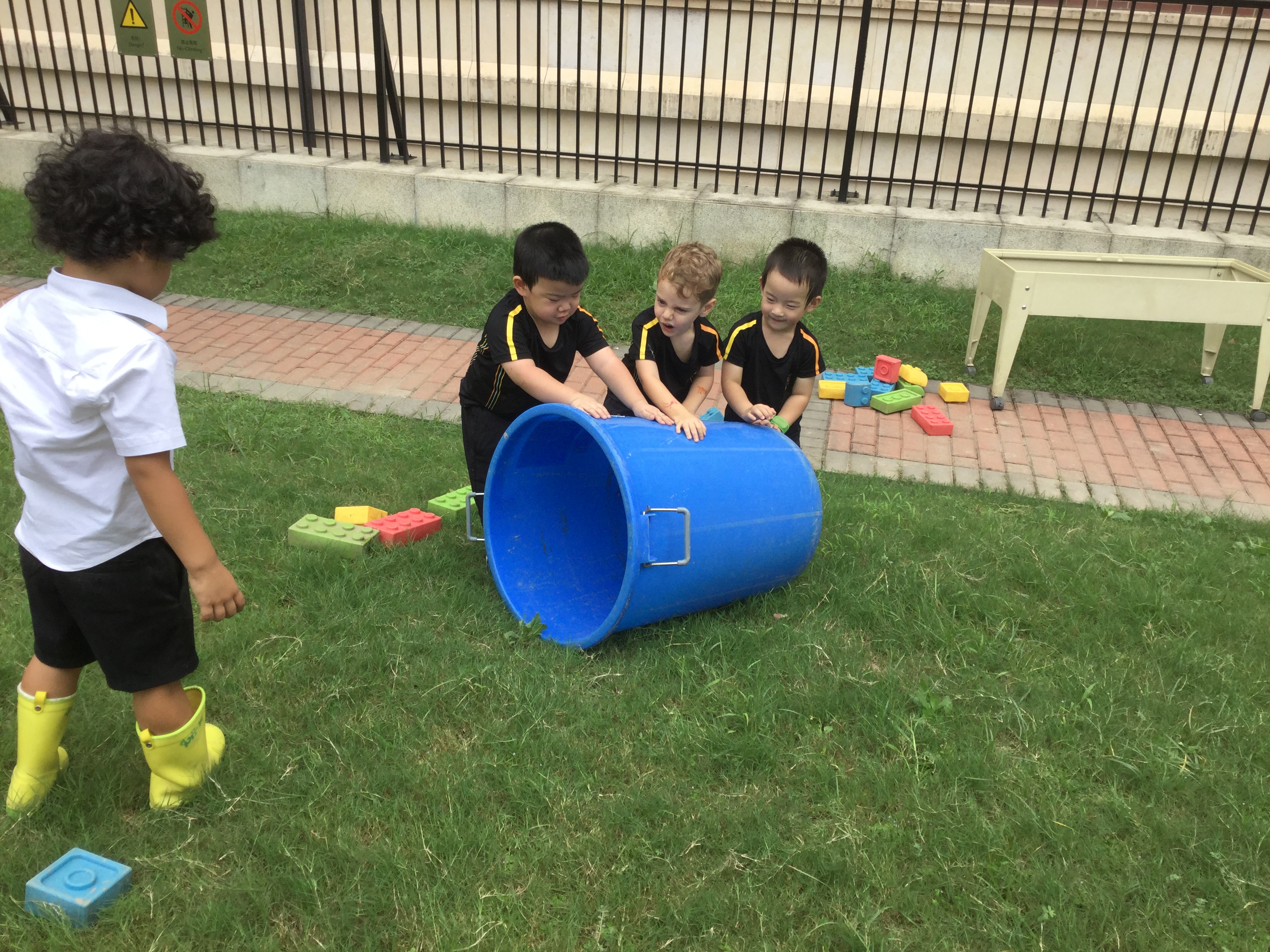 To briefly outline what we see as showing sufficient independence, here are some examples of what young children are expected to be doing at various ages. In pre-nursery, from the age of two years old, children are expected to:
To briefly outline what we see as showing sufficient independence, here are some examples of what young children are expected to be doing at various ages. In pre-nursery, from the age of two years old, children are expected to:
- Use a fork and spoon to eat with
- Eat by themselves
- Eat a variety of foods, including meat, fish, vegetables and fruit
- Drink from a cup
- Put their rubbish in the bin
- Walk into and out of school without being carried
- Play by themselves and with others when constructing a train track, building with blocks or ‘cooking’ in the home corner
- Settle themselves after becoming upset
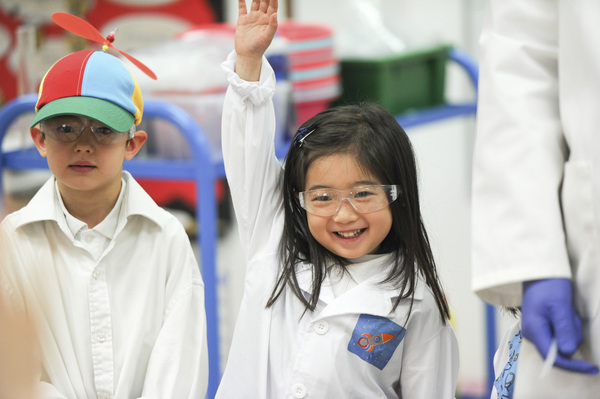 Nursery and reception children, aged 3-5, are expected to:
Nursery and reception children, aged 3-5, are expected to:
- Carry their own bag into and out of school
- Look after things in their classroom
- Use a fork/spoon independently and begin to use a knife
- Eat a variety of foods and be willing to try new foods
- Sit and look at a book by themselves
- Can hold mark-making tools using a tripod grip
- Can hold and use items such as pencils and scissors, with a reasonable degree of control
- Settle themselves after becoming upset
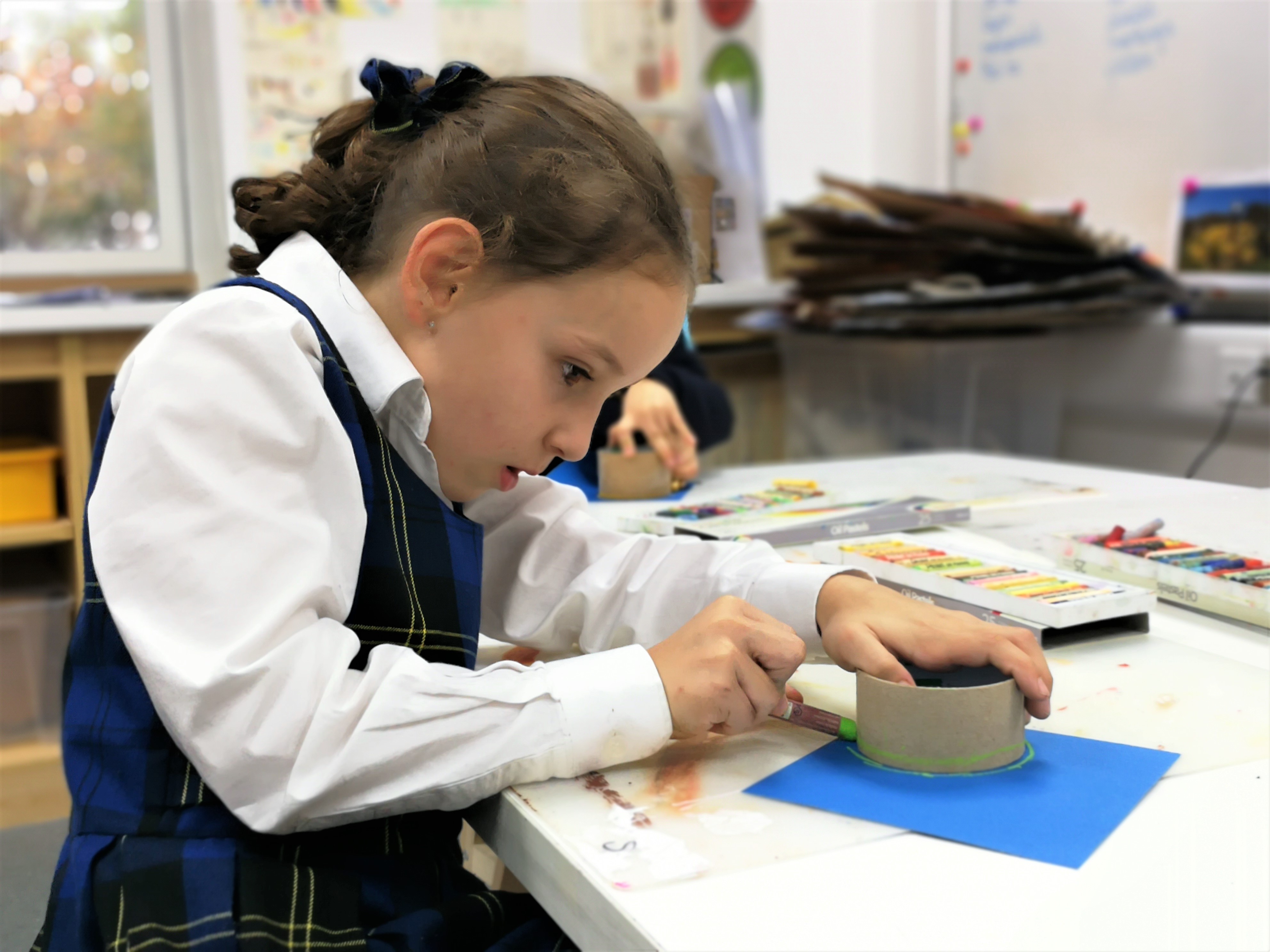 As teachers, we work very hard to encourage these various forms of independence early on in the children’s development so that they can successfully tackle greater challenges independently in their future studies and later lives. We ask them to look after their own and each other’s property, tidy up, hand in prep on time, carry their own bags, and be ready for lessons. Parents can support us by doing the same at home.
At Wellington, we aim to ensure that our pupils can become the best adults they can be. Independence, resilience, effective decision making, perseverance – these are the skills that can help our children prepare themselves for whatever the future holds for them.
More relevant articles :
As teachers, we work very hard to encourage these various forms of independence early on in the children’s development so that they can successfully tackle greater challenges independently in their future studies and later lives. We ask them to look after their own and each other’s property, tidy up, hand in prep on time, carry their own bags, and be ready for lessons. Parents can support us by doing the same at home.
At Wellington, we aim to ensure that our pupils can become the best adults they can be. Independence, resilience, effective decision making, perseverance – these are the skills that can help our children prepare themselves for whatever the future holds for them.
More relevant articles :
Related Articles

Join Us for Our IGCSE & IB Options Evening and Open House06 Feb 2026
Join us on 10 March for our IGCSE & IB Options Evening and Open House. This event will help you make informed decisions about academic pathways and build a strong foundation for future university app
Read More

November Open Days & Launch of Saturday Open House!16 Oct 2025
Education is all about fostering authentic and meaningful relationships. This is something we deeply value at Wellington. We warmly invite you to visit our beautiful campus this November, where you c
Read More

Outstanding Achievements at the UKMT Senior Maths Challenge 202512 Dec 2025
Ian RobertsonHead of Secondary MathematicsOur passion for mathematics extends beyond the classroom into competitive arenas, driving impressive achievements in the UK Senior Maths Challenge 2025. We a
Read More










